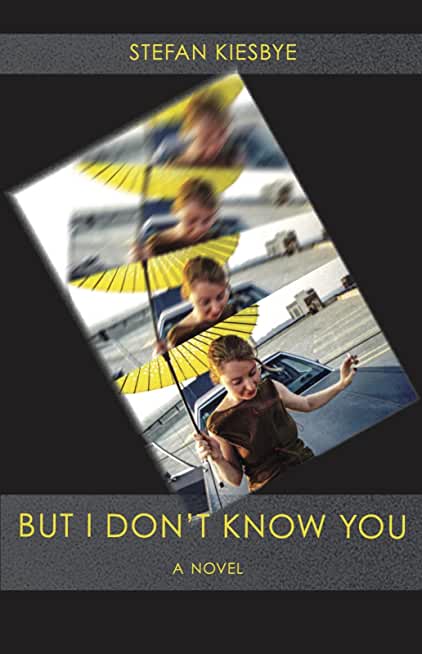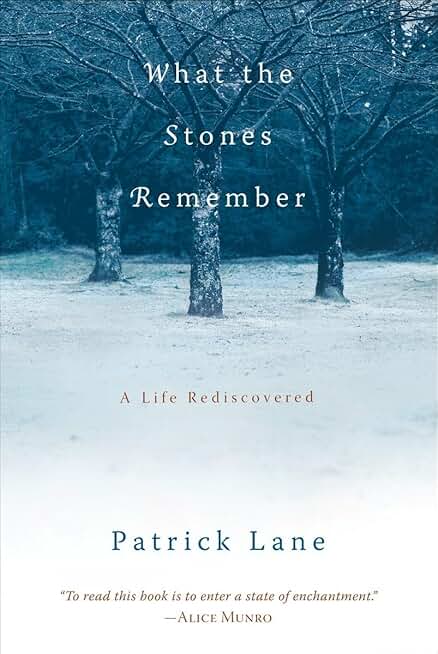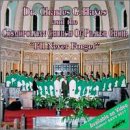
description
ished writing culled from the Kerouac archive
Jack Kerouac's archive is vast. Throughout his life he was constantly writing, and he meticulously saved and catalogued his material. The result is that beyond the work published in his lifetime there has been a rich stream of posthumous writing that is far from tapped, adding depth to his lifework--the Duluoz Legend--and our understanding of Kerouac the man. Far from being the adrenalized thrill-seeker that he depicted in On the Road's Dean Moriarty, Kerouac himself was deeply spiritual, shy, and reclusive. He sought adventures for the sake of experience, needing them to fuel his writing, which according to him was his sole reason for living. Few people sacrificed more for their art.
This collection of previously unpublished writing culled from the Kerouac archive, and as a companion to Paul Maher Jr.'s Becoming Kerouac, spans Kerouac's adult life, from a journal written at age seventeen to autobiographical reflections a few years before his death. Self-Portrait is a blend of fictional and nonfictional pieces, a few abandoned starts but most complete in themselves and all of them chosen for the revelations they contain. In The Moon and Sixpence, Somerset Maugham wrote, "A man's work reveals him... No one can produce the most casual work without disclosing the innermost secrets of his soul." There are more than two dozen Kerouac biographies, but Self-Portrait reveals the artist in his own words, from his early ambition to the deep self-examination of his "Self-Ultimacy" period, his three-year struggle to write On the Road, musings about himself and America in the half-dozen years before the novel was published and then in the aftermath amid his public withdrawal, suffering from alcoholism and hounded by fame. Through it all there are tortuous feelings about his family--love, guilt, duty, and betrayal. As fans of Kerouac have come to learn, reading his work is a visceral probe.
Jack Kerouac's archive is vast. Throughout his life he was constantly writing, and he meticulously saved and catalogued his material. The result is that beyond the work published in his lifetime there has been a rich stream of posthumous writing that is far from tapped, adding depth to his lifework--the Duluoz Legend--and our understanding of Kerouac the man. Far from being the adrenalized thrill-seeker that he depicted in On the Road's Dean Moriarty, Kerouac himself was deeply spiritual, shy, and reclusive. He sought adventures for the sake of experience, needing them to fuel his writing, which according to him was his sole reason for living. Few people sacrificed more for their art.
This collection of previously unpublished writing culled from the Kerouac archive, and as a companion to Paul Maher Jr.'s Becoming Kerouac, spans Kerouac's adult life, from a journal written at age seventeen to autobiographical reflections a few years before his death. Self-Portrait is a blend of fictional and nonfictional pieces, a few abandoned starts but most complete in themselves and all of them chosen for the revelations they contain. In The Moon and Sixpence, Somerset Maugham wrote, "A man's work reveals him... No one can produce the most casual work without disclosing the innermost secrets of his soul." There are more than two dozen Kerouac biographies, but Self-Portrait reveals the artist in his own words, from his early ambition to the deep self-examination of his "Self-Ultimacy" period, his three-year struggle to write On the Road, musings about himself and America in the half-dozen years before the novel was published and then in the aftermath amid his public withdrawal, suffering from alcoholism and hounded by fame. Through it all there are tortuous feelings about his family--love, guilt, duty, and betrayal. As fans of Kerouac have come to learn, reading his work is a visceral probe.
member goods
No member items were found under this heading.
Return Policy
All sales are final
Shipping
No special shipping considerations available.
Shipping fees determined at checkout.







